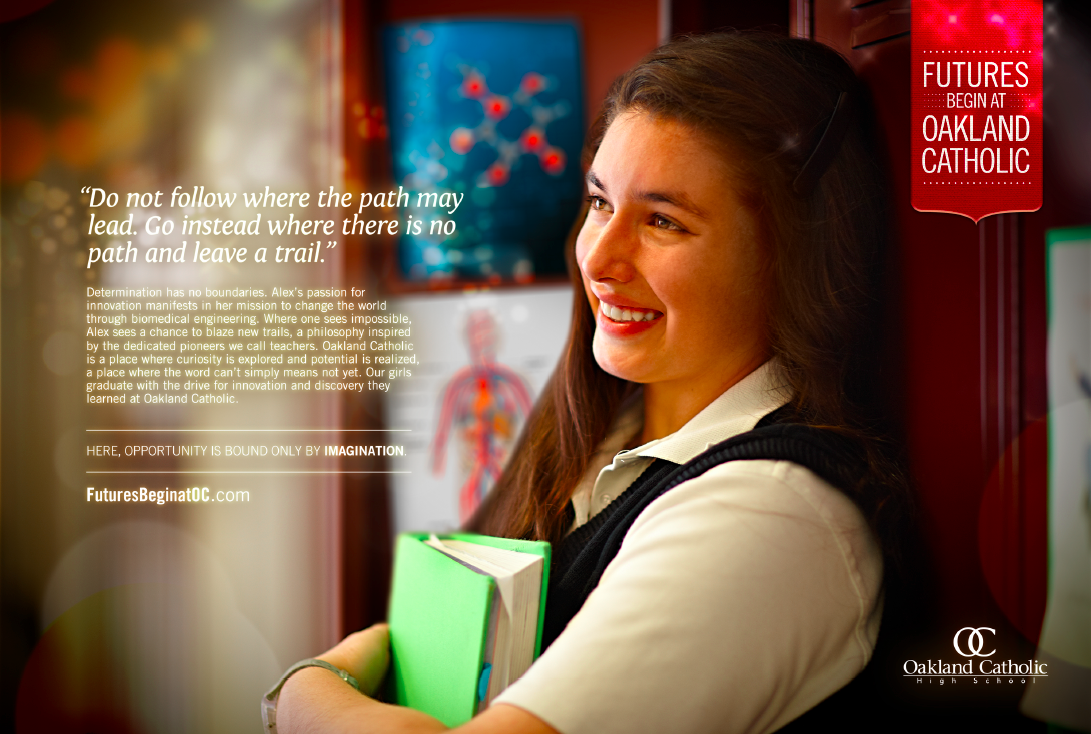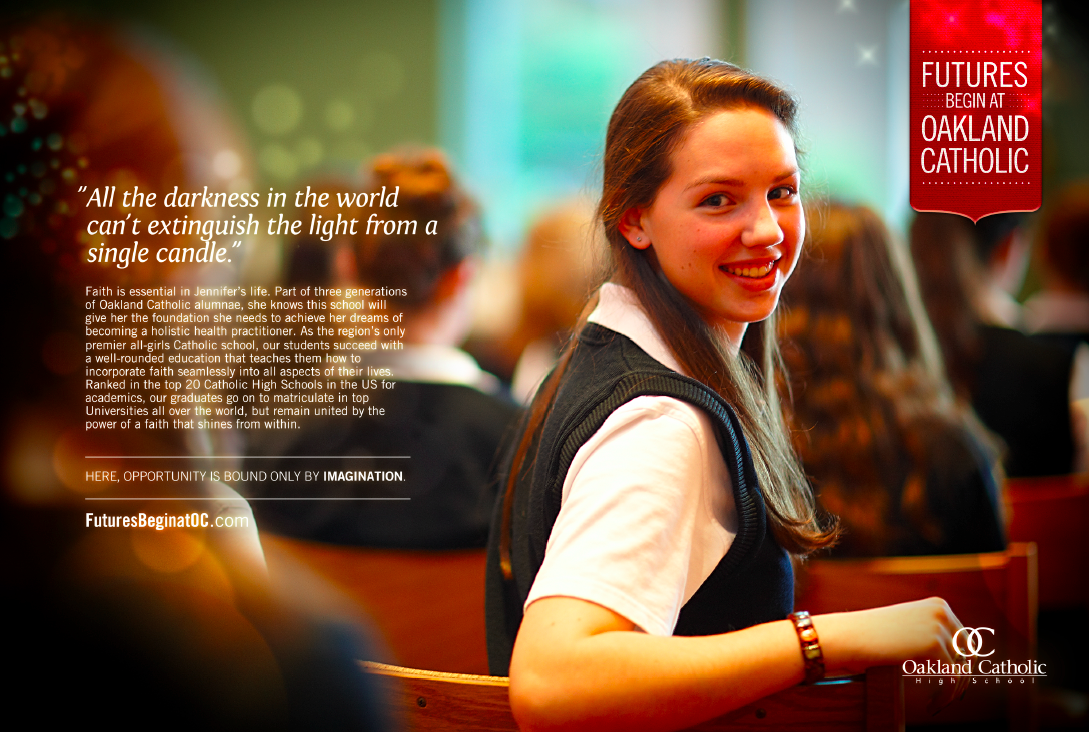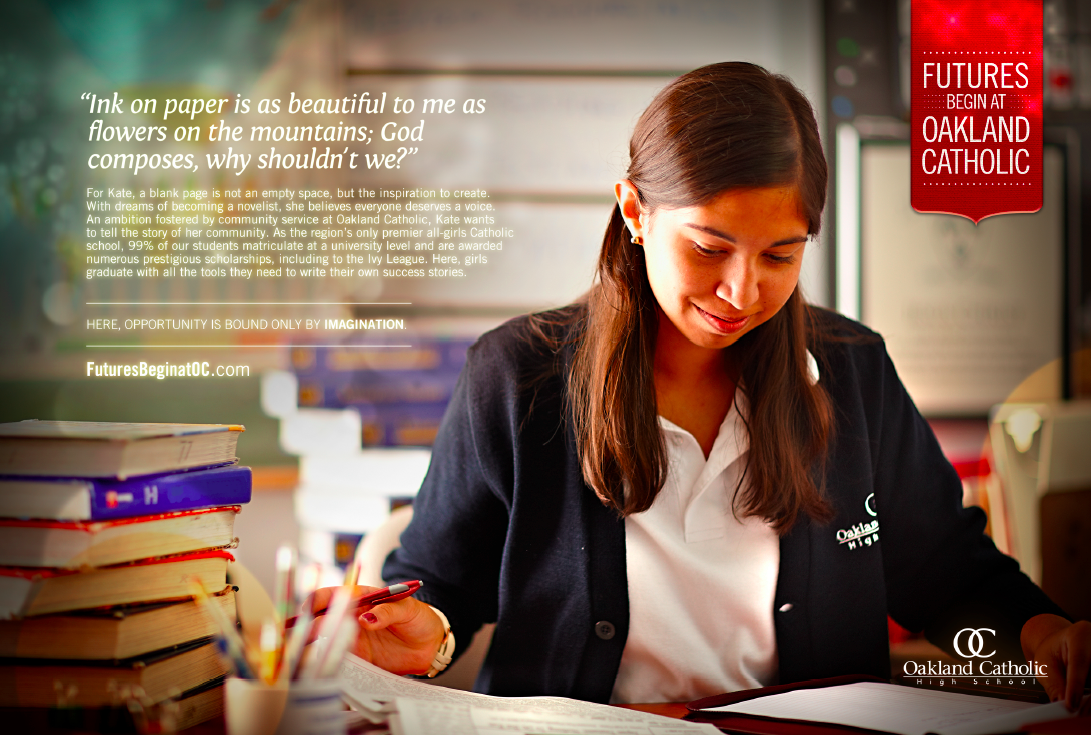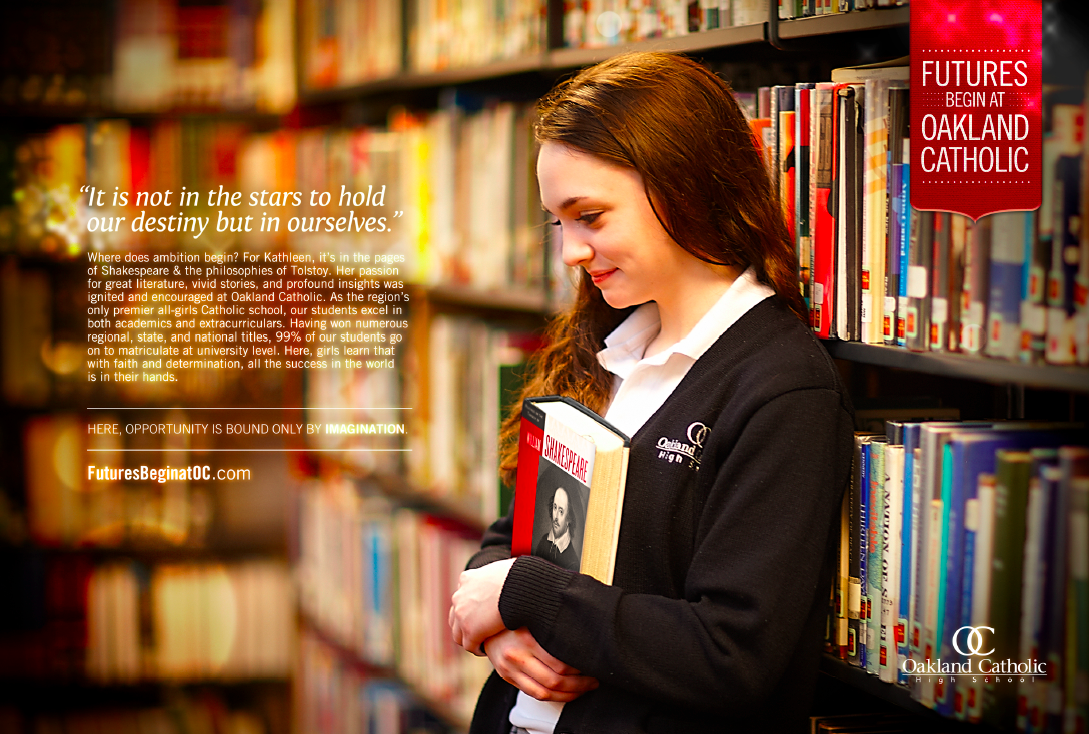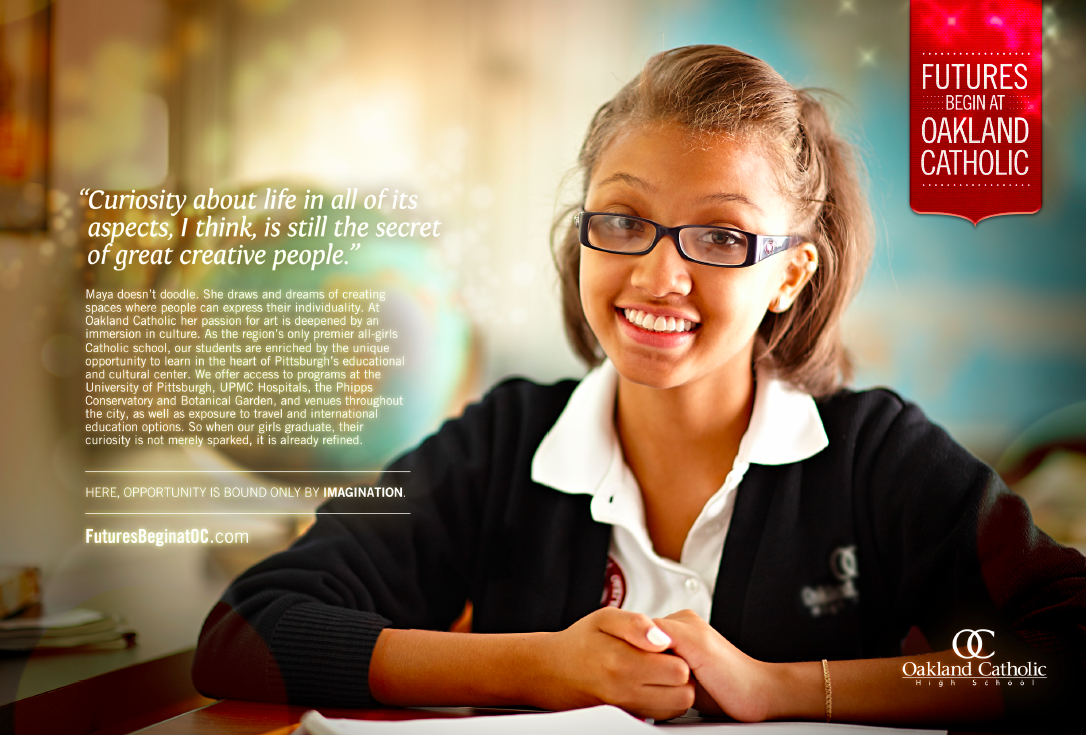Name: Nathaniel Tower
Age: 32
College & Majors/Minors: Washington University in St. Louis; Majors in English Literature and Secondary Education; Minor in Writing
Current Location: Minneapolis
Current Form of Employment: Full-time Internet Marketing Specialist
Where do you work and what is your current position?
I'm currently an internet marketing specialist at a web design agency called First Scribe. We're a small agency with about 25 employees. I manage the accounts of 15 or so clients, which involves SEO, email marketing, content marketing, reporting, and more. The position requires a balance of verbal and written communication skills. As with any job involving clients, customer service is the key ingredient to success. All the technical skills in the world won't help if you can't adequately communicate with the client. I'm also now in charge of the company's blog, which is one of my favorite parts of the job.
Tell us about how you found your first job, and how you found your current job (if different).
When I graduated from college, I landed a high school teaching job in St. Charles, MO. Even though I went to college with the intent of becoming a teacher, getting a teaching job was no easy feat. I mailed an application packet (resume, transcripts, cover letter, portfolio samples, letters of recommendation) to just about every school district I could think of in the St. Louis metro area. That's right, mailed. As in stuffed papers in big envelopes, licked them shut, and slapped postage on them. No one accepted electronic applications then, so I spent a fortune on stamps. I had plenty of interviews, but it seemed almost impossible to find employment. Everyone wanted experience, but how do you get experience unless someone will hire you when you don't have experience?
When an opening at the school where I student taught popped up, I thought for sure I was going to get the job. The principal even told me I was guaranteed to get the opening unless someone with "ten years of teaching experience and a PhD" came along. When I got the phone call telling me they were hiring someone else, the conversation went something like this:
Me: So how much experience does he have?
Him: Two years.
Me: So he must have a PhD, right?
Him: No, just a Bachelor's.
Ouch. I had been bamboozled. But the principal promised he would help me get a job. A few weeks later, I called him and said I was applying for a job in another school district. Turned out he knew the associate principal there. Turned out the associate principal went to the same college as me. Are you surprised to hear I got the job?
I held that teaching job for 9 years before my wife and I decided we needed a change of scenery. So we quit our jobs and packed up and moved to Minneapolis. Because of some roadblocks with the Minnesota Department of Education, I decided to end my teaching career and look for a new career. I applied for everything that had writing in the title. It eventually paid off, and here we are.
What was another writing-related job that was important in your career?
In 2008, I founded a literary magazine called Bartleby Snopes. We publish 8 pieces of fiction per week, along with two print best-of issues. We also publish tiny books called flash novels. It's not a "job" in the money-making sense, but it has plenty of reward. It's made me a better writer and a better editor. I'm also much more organized and much better at marketing. I'm sure it played at least a small role in landing my current job.
What did you do in college to prepare for your post-grad life?
Not as much as I should have, that's for sure. I spent the first year of college skipping classes and thinking I was too smart for everything. Then I started to get serious, which meant going to class and writing all my papers at the last minute. I never spent a minute at the university's career center, and I only spoke to my advisor during the required bi-yearly sessions. The one thing I did right was get a summer job as a "teacher" in a summer school program. I had the attitude that I knew what I wanted to do and that it wouldn't be that hard to get a job. And now I'm doing something I never imagined I would do, something that barely even existed when I was in college.
What is your advice for students and graduates with an English degree?
- Don't listen to anyone who tells you an English degree is useless. The world we live in struggles with communication. An English degree has a lot of value because it tells the world you can communicate. There are many job opportunities that require some amount of writing.
- Value your talents. There are a million freelancing opportunities that pay practically nothing. Don't accept jobs that don't pay you what you're worth.
- Be willing to explore new opportunities. Don't assume an English major has to be a novelist, journalist, or teacher. Every business needs to have something written. An English major can write anything. Believe it or not, the biggest obstacle to launching a website isn't approving the designs. It's finding a person to write all the content.


































